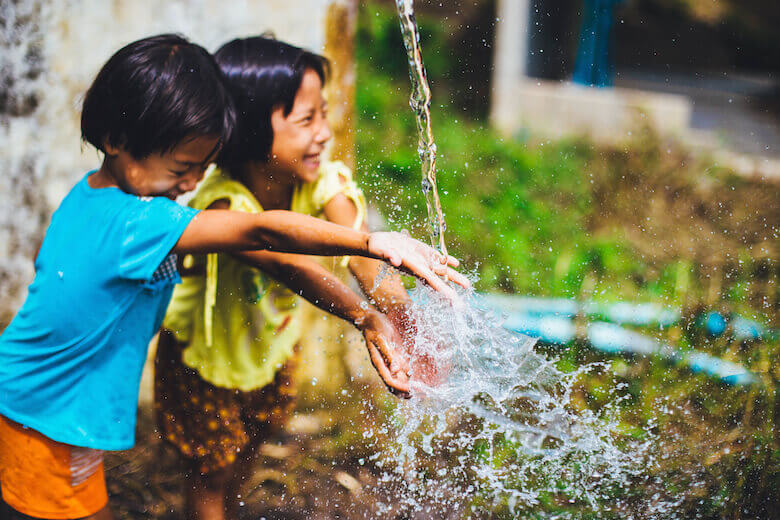
Play in early childhood is essential to the development and well-being of a child. It’s the door through which children get acquainted with the world around them. Among numerous benefits, play improves cognitive, social, and creative skills and strengths. Here are the 4 reasons behind encouraging play.
1. Play in early childhood strengthens family bonds
Parent-child play is as important for parents as it is for children. According to Stanley Greenspan, M.D, a clinical professor of psychiatry who specialized in children’s psychiatry, play is how children learn how to interact with us. They also learn how to react to emotions and signals generated during play. Parents, in turn, get to take a front seat in a child’s world, ultimately earning a child’slong-lasting trust and establishing a strong family connection.
2. Unstructured play develops a child’s creativity
Free-form play, or unstructured play, has tremendous benefits when it comes to developing creativity in children. Letting children explore various ideas and encouraging spontaneous behaviour sparks curiosity and future knack for problem-solving.
A couple of things to remember:
- Keep an eye on your children so that they stay safe, but try not to interfere with the flow of their play. Let their imagination go in its own unplanned direction. They want to move the bed into the middle of the room and pretend it’s a raft lost in the ocean? Let them!
- Limit your children’s access to commercial toys. Some would agree that they can inhibit a child’s chance to use their imagination, especially when there is little left for them to ‘create’ with the toy. For example, you don’t need to buy your child a fancy rocking horse to let them feel like a cowboy. You can just as well use an ottoman.
3. Play improves motor skills
The best way to let a child learn about the limitations and abilities of their body is by encouraging physically-focused play. Physical activity in childhood helps children refine their coordination. Also, it allows them to discover how their bodies interact with various elements of their surroundings. Studies show that daily physical activity, for example, simply running around a playground, helps children stay focused.
What kind of physical activities could your children participate in? Check out this link.
4. Develop a child’s social skills through play
While playing with their playmates, children acquire and then enhance their social skills. They learn how to listen and resolve conflicts as well as explore benefits of teamwork and the importance of sharing. Sometimes children argue with each other. Until there’s nothing worrying about the direction of the argument, allow children to sort the problem out on their own. It’s their first jab at negotiations.
Thanks to play, children acquire and perfect a plethora of skills that affect their later performance. Play in early childhood years might be a determinant in a child’s success in adulthood. However, in all that play, don’t forget to take some time out. A breather for you and your child after play is invaluable.
See related on our blog:
- 4 Top benefits of outdoor education in early childhood
- The benefits of Emergent Curriculum in preschool
- 5 Imagination games to play with toddlers and young kids
- Should young children be using electronics and media?
- 8 Educational DIY toys you can make from home materials
- What are the common types of play in childhood? Why are they important?